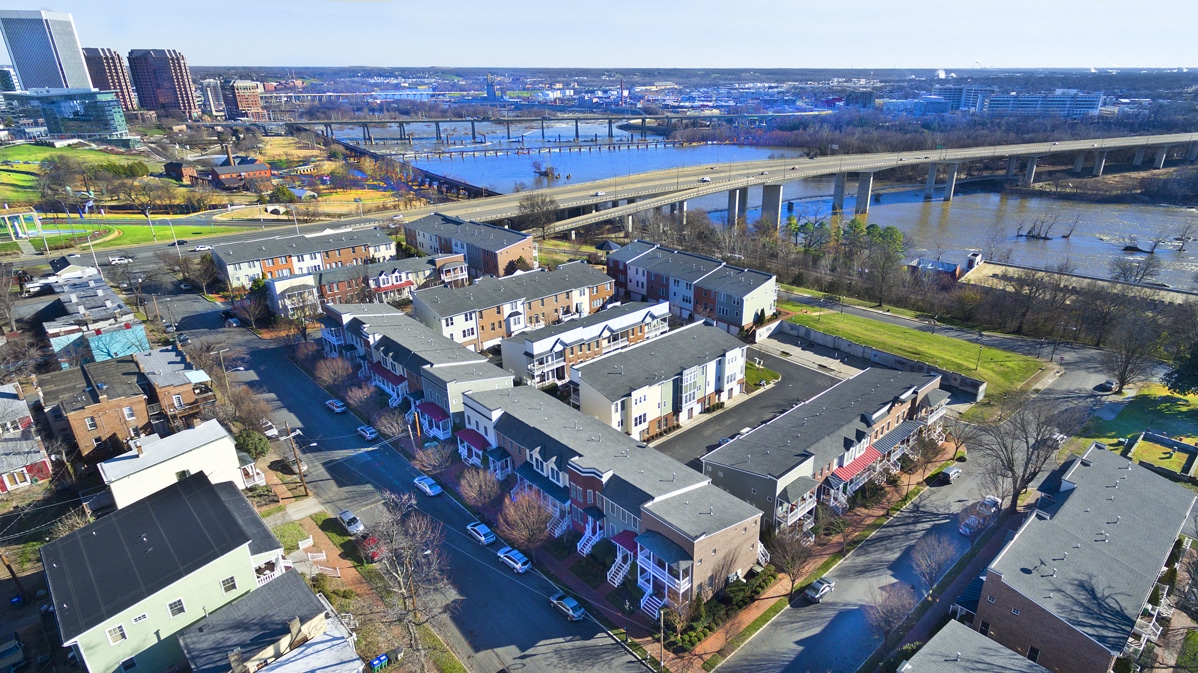One of my favorite things about real estate is how local it is. Each market is unique and what is customary in one market can vary greatly from another — even when the markets are quite close to one another.
And therein lies the danger, as the language one market uses might mean something totally different in another.
Here are some common terms that can be confusing:
Condo
When someone says the word ‘condo,’ what are they referring to?
- A small timeshare near the ocean along the coast of South Carolina?
- A uber posh flat overlooking Central Park?
- A 2 bedroom dwelling unit in Scott’s Addition?
The answer is ‘yes.’
A condo, in the legal sense of the word, is a form of ownership where the land, and often the structure, is owned collectively, and the living space is owned individually. This differs from a single family home, or even town home, in that the land is not owned by the individual, but by the group. In single family homes, and town homes as well, the land is owned by the individual.
However, in many marketplaces, the word condo refers less to the ownership, and more to the style of life that the condo suggests (one level, retirement, vacation.)

In urban centers, where developable land is extremely rare and quite expensive, building vertically is important. Condominium ownership is the only way to vertically subdivide living units AND offer individual ownership.
So when you hear the word condo in Richmond, the form of ownership is being referred to, not the look and feel of the space, or the style of life it implies.
Town Home
Generally speaking, a town home, is exactly that — a home that is in the town. Due to the way that homes were built in urban areas during the early 20th Century, town homes tend to be narrower, more vertical in nature, and often attached.
But as development moves further from the urban centers and pressure to create affordability and density increases, town homes are now being found in many suburban developments. Almost every planned community of any scale will include several sections of town homes, often luxurious ones, in order to maximize the yield of the land.
So in Richmond, town homes generally refer to a style and less to a specific location or form of ownership.
Apartment
When a Richmonder tells you that they live in an apartment in Shockoe Bottom, they are telling you that they rent.
But when a New Yorker tells you that ‘they have an apartment on the east side,’ they are not necessarily saying that they rent.
The word ‘apartment,’ to a New Yorker, or others from north of the Mason Dixon line, could mean that they rent, have ownership as a condo, or have ownership in the form of a co-operative (which is a form of ownership essentially non-existent in Richmond.)
Summary
So whether you are coming to Richmond and want to avoid confusion, or are moving from one asset type to another, be sure to spend a little time with your agent making sure you are speaking the same language.
The real estate words we use so often mean different things, depending on where you are from and what you are buying. Just know that Realtors tend to use the legal definitions.

